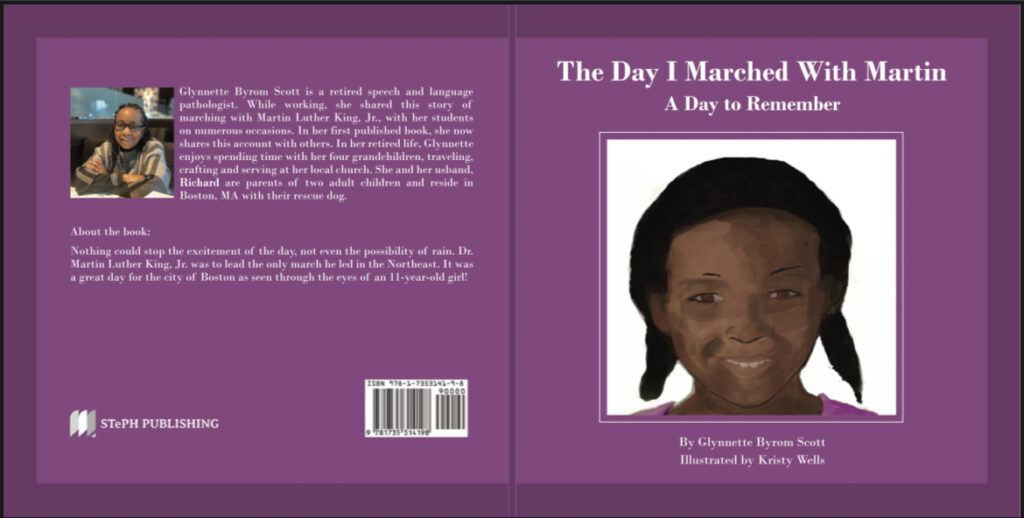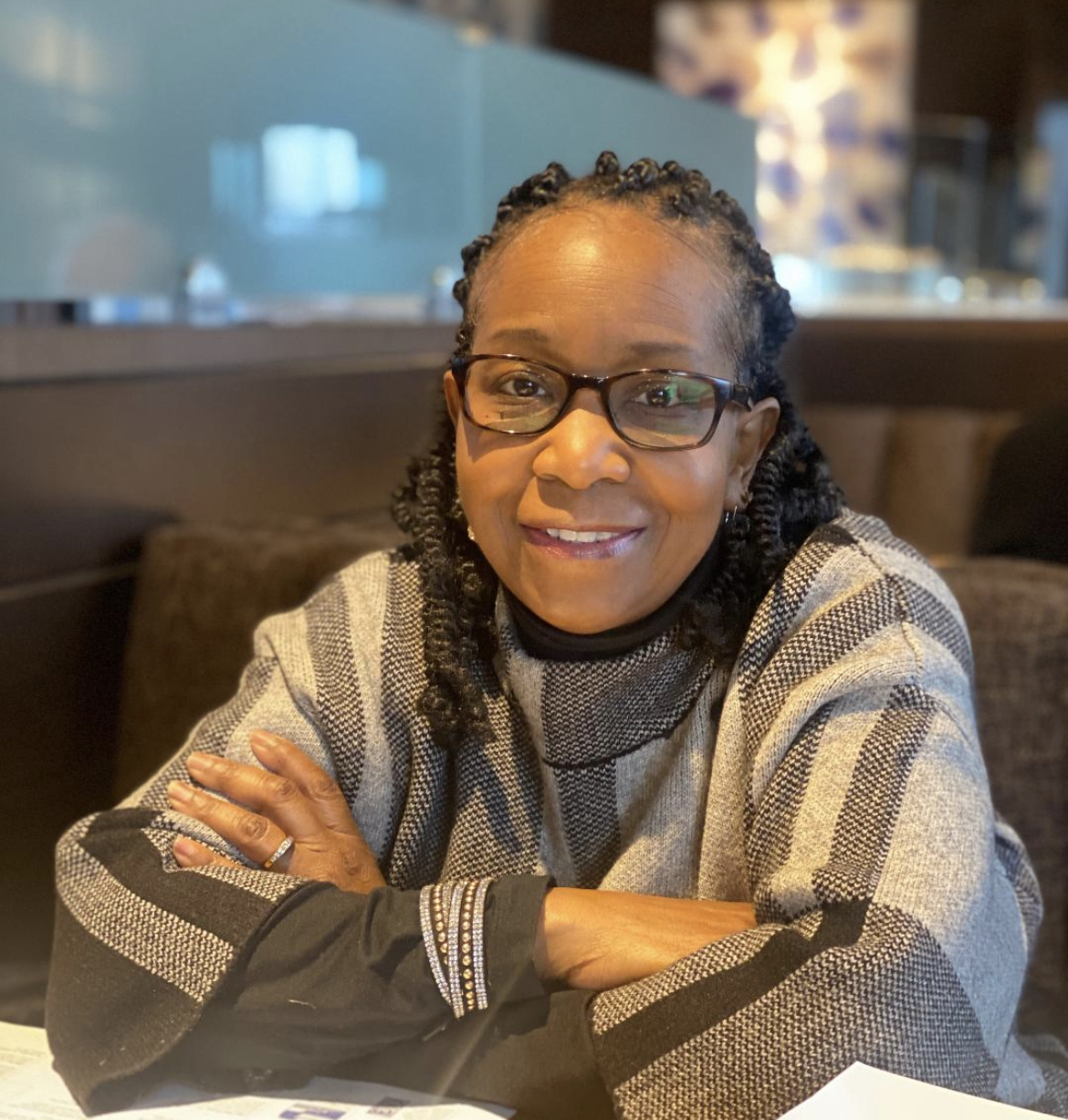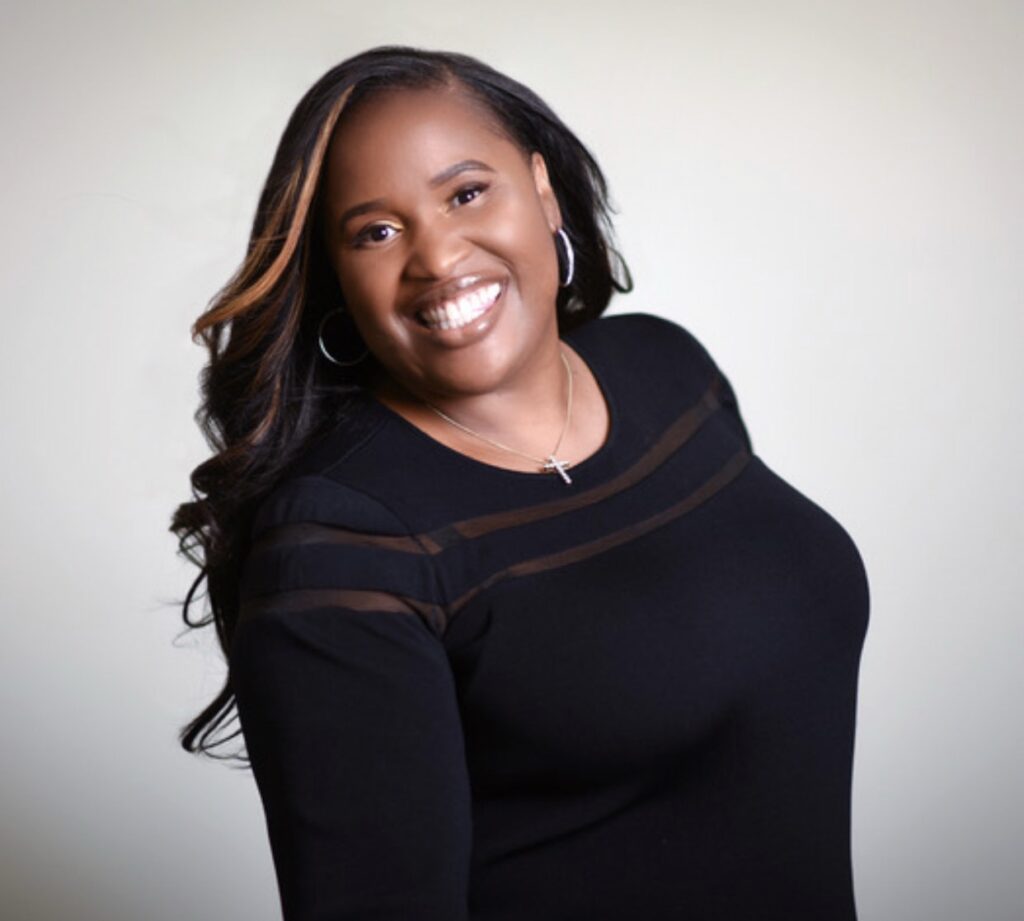Glynnette Byrom Scott is a retired speech and language pathologist and has much experience in working with and interacting with children. Now retired, while working, she shared this story of marching with Martin Luther King, Jr., with her students on numerous occasions and was inspired to write and publish her first book. In her first published book, The Day I Marched With Martin: A Day to Remember, she now shares this account with others. Children everywhere, especially young children of color, are able to go on a journey with Scott of what it was like to experience history first hand. Not only is this an experience that children can embrace along with Scott, many grandparents who vividly remember these times and parents alike will enjoy reliving this story as told through her book.

Sheri Simmons: I am so honored to be having this conversation with you. It must have been an amazing experience to be a part of history marching with Dr. Martin Luther King. Tell us how you felt in the moment as a young child.
Glynnette Byrom Scott: I was absolutely thrilled! My dad had told me about Dr. King. I had also seen him on television and heard him on the radio, so I knew who he was. I already had great admiration for him and for what he was trying to do, but I did not realize history was being made that day.
Sheri Simmons: Absolutely because as children we think at the moment, not of the impact of our decisions. Before the march did you have any experience with segregation and racism? What were your thoughts about that?
Glynnette Byrom Scott: I can recall one experience I had as a child which I didn’t realize until later had racial undertones. My sister and I were probably around the ages of eight and nine. We were in a Woolworth’s store with our mother in the Dorchester Codman Square section of Boston. It was a predominantly white section of Boston than in the early ’60s. A white store clerk accused us of stealing socks. My mother was livid. Of course, no socks were found on us. My sister and I were more upset that we would even be accused of stealing because that was something we did not do. I am certain now that we were accused because we were black. If we had been two little white girls in the store with their mother, I don’t believe that would have happened.
Other experiences I can recall occurred when traveling. My family would take road trips every summer to West Virginia (where my father was from) and North Carolina (where my mother was from). I vividly remember my dad telling us to go to the restroom before approaching the Mason-Dixon line which was historically the line separating the North from the South. He would tell us we would not be able to stop in some areas. I also remember him taking out his AAA book, finding a phone booth, and calling a hotel to make a reservation as opposed to just driving up to a hotel to make a reservation. I believe he had had some past experiences where even though there was a flashing vacancy sign displayed when he arrived to make a reservation, he was told there were no vacancies.
I was also familiar with many of the events of the Civil Rights Movement including the four black girls killed in the Birmingham church bombing. I remember thinking that could have been me and my sister.
I was fully aware that black people were treated differently because of the color of their skin and I knew that was not fair.
Sheri Simmons: To experience racial injustices so young must have sparked something in you once you realized what was happening. What do you want to tell young people who have a desire to speak up and out about injustices?
Glynnette Byrom Scott: Dr. King was only a catalyst for the implementation of change and there is still much work to be done. You may not lead a movement for change but you can still be a changemaker wherever you are, by calling out injustices when you see them and by encouraging others to do the same.
Sheri Simmons: I love that answer! Change is inevitable. We either will be a part of it or sit in the background and do nothing. You published a book titled The Day I Marched With Martin/A Day To Remember. What was it like writing the book?
Glynnette Byrom Scott: I initially told the experience to the students I worked with as a speech and language pathologist in my school. After they showed such great interest by asking questions about the event, I decided to fill in the details of the experience by writing it out as a story.
Sheri Simmons: That is so amazing. Do you plan to publish any more children’s books?
Glynnette Byrom Scott: I am not actually planning to publish any more children’s books at the present moment, but you never know.
Sheri Simmons: Right, that just may be another task for another day. What is one thing that you remember the most from that day?
Glynnette Byrom Scott: The one thing I remember most about that day is the proud feeling I had singing the songs from the Civil Rights Movement and knowing a better America was coming!
Follow Us On Social Media!




